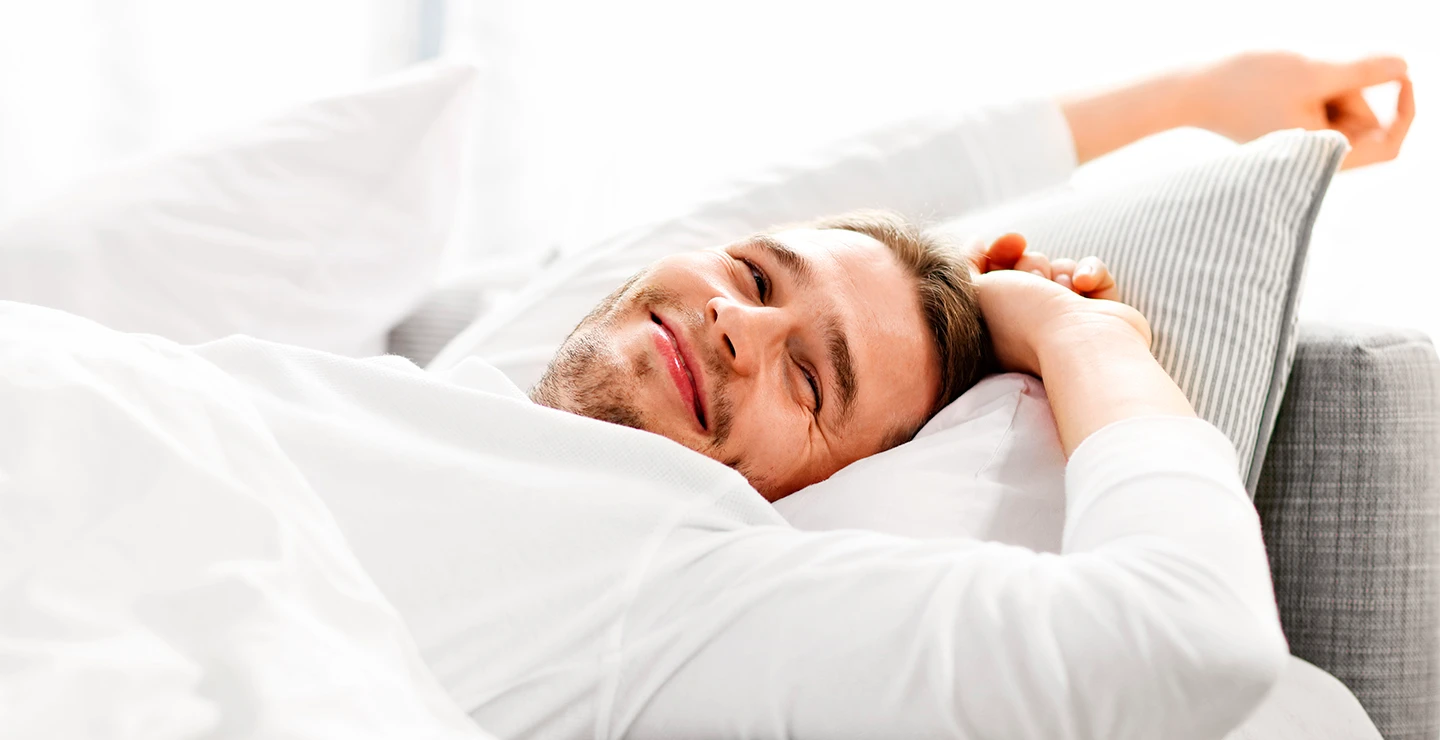
In a world that never seems to stop moving, quality sleep has become harder to achieve. Whether it’s late-night scrolling, racing thoughts, or inconsistent schedules, many people struggle to get the restful sleep their bodies and minds need. Enter sleep hygiene—a term that refers to the healthy habits and practices that promote consistent, uninterrupted sleep.
Creating a nighttime routine that works isn’t about rigid rules; it’s about designing an environment and process that helps your body recognize when it’s time to unwind. Here’s how you can build a sleep-friendly lifestyle starting tonight.
Why Sleep Hygiene Matters?
Before diving into the routine itself, it’s important to understand why sleep hygiene is essential. Good sleep isn’t just about duration—it’s about quality. Poor sleep affects concentration, mood, immune function, and even weight management. Over time, chronic sleep deprivation can lead to serious health problems such as heart disease, diabetes, and depression.
The good news? A few small adjustments to your nighttime routine can make a big difference.
- Set A Consistent Sleep Schedule
One of the most effective ways to improve sleep is to go to bed and wake up at the same time every day, even on weekends. This consistency reinforces your body’s natural circadian rhythm—your internal clock—which regulates sleep and wake cycles.
When your sleep schedule is all over the place, your body struggles to know when it’s time to rest, making it harder to fall and stay asleep.
- Wind Down With A Digital Detox
Electronic devices are among the biggest sleep disruptors. The blue light emitted from screens (phones, tablets, TVs) interferes with melatonin production, a hormone that promotes sleep. Plus, the content we consume—whether it’s emails, news, or social media—can be mentally stimulating.
Aim to disconnect at least 30–60 minutes before bed. Instead, try reading a physical book, listening to calming music, or doing a simple meditation.
- Create A Calm Sleep Environment
Your bedroom should signal to your brain that it’s time to sleep. A few changes can enhance your environment:
- Keep the room dark. Use blackout curtains or a sleep mask.
- Maintain a cool temperature. Most people sleep best between 60–67°F (15–19°C).
- Reduce noise. Use earplugs or white noise machines if needed.
- Limit clutter. A clean space encourages a calm mind.
Also, invest in a comfortable mattress and pillows that support your sleeping position.
- Develop A Pre-Sleep Routine
Doing the same relaxing activities each night helps train your brain to associate them with bedtime. A pre-sleep routine might include:
- Taking a warm shower or bath.
- Practicing gentle stretches or yoga.
- Drinking herbal tea (like chamomile or valerian root).
- Journaling or writing a gratitude list.
- Deep breathing or guided meditation.
These calming activities help shift your body from “go” mode to “rest” mode.
- Avoid Stimulants And Heavy Meals Late In The Day
Caffeine, nicotine, and even alcohol can interfere with your sleep. While alcohol might help you fall asleep initially, it can disrupt deep sleep and cause early awakenings.
Try to avoid caffeine after 2 p.m. and finish large meals at least two to three hours before bed. If you’re hungry, opt for a light snack like a banana, almonds, or a slice of toast.
- Keep Your Bed For Sleep Only
To strengthen the association between your bed and sleep, avoid working, eating, or watching TV in bed. This trains your brain to connect your bed with rest—not stimulation.
If you can’t fall asleep after 20 minutes, get up and do a quiet, non-stimulating activity in low light until you feel drowsy.
Final Thoughts
Improving your sleep hygiene isn’t about perfection—it’s about consistency and awareness. By creating a nightly routine that promotes calm and signals it’s time to rest, you give your body the tools it needs to recharge properly. Better sleep doesn’t just feel good—it’s a foundation for better health, productivity, and well-being.
Visit these links for similar information:
https://fat-aus.com/
https://neuroinfancia.org/
https://reworkinglunch.org/
https://samplesalesites.com/
https://bionatrolcbdoil.net/
https://nagercoilhomechurch.com/
https://homesture.com/
https://mehryanatravel.net/
https://nacfnews.com/
https://malnadnews.com/
https://mexicobreakingnews.com/
https://fivestarhomeventures.com/
https://thetellynews.com/
https://northeasthome.info/
https://homeguidehq.com/
https://sekilaspoker.net/
https://thesafepad.co.uk/
https://mapsmentoring.co.uk/
https://hydroponichomemade.com/
https://famagusta-news.com/
https://mattramsey.org/
https://thcmarketingsettlementclaim.com/
https://cbdnaturallifestyles.com/
https://benedictquinn.co.uk/
https://veriqual.co.uk/
https://kelapasawitnews.com/
https://futurefringe.co.uk/
https://successlookslikeyou.co.uk/
https://swisshospitalityeducation.com/
https://csfcycleforlife.org/
